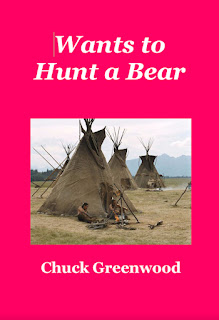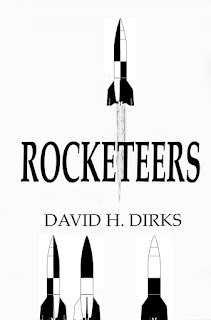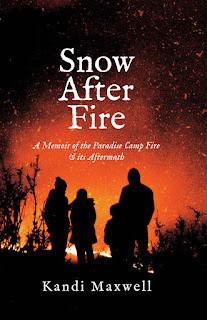Hirschbein is Emeritus Professor of Philosophy at Chico State; Asfari is Associate Professor in the Department of Criminology in the School for Professional Advancement at Regis University.
This is no dry treatise; it’s personal: “This collaboration between a Jew and Muslim reveals we’re both stigmatized and endangered by the same conspiratorial fantasy … Conspiracists imagine that we Jews and Muslims have nothing better to do than to conspire to replace European civilization with a tyranny such that the world has never known—a Jewish monarchy or a Muslim caliphate. Either way, the white race is doomed—just ask the shooters who terrorize our synagogues and mosques.”
Hirschbein and Asfari explore the animating beliefs of those shooters in the book’s four chapters, sardonic in tone and seasoned with Hirschbein’s trademark wordplay.
Previously, the first chapter notes, “Driven by religious zeal, theorists become … prophets privy to secret revelations … the conspiracist theologian yearns for a redemptive, cleansing apocalypse.” Now, postmodern conspiracists revel in “transgressive entertainment … Driven by insatiable recognition hunger, the postmodernist is an entertainer, not a prophet. Risible memes trump old-fashioned prophesy.”
Join a secret society that reveals the evil going on in secret societies? No; today the goal is public acclaim or disparagement—doesn’t matter which.
Chapter two traces antisemitism stemming from the fraudulent “Protocols of the Learned Elders of Zion” and its rebirth in QAnon; the third focuses on Islamophobia which portrays the Muslim Brotherhood as a monolithic “boogeyman”; the final chapter considers the meme-driven “gamification” of conspiracy theories, shooters “achieving the highest kill score. Game on!”
Is there hope? “The good news … is that informal, personal contact with Jews and Muslims often alleviates prejudice”—but that’s not in the plans of white supremicists. The authors suggest it’s betrayal of the supremicist values (like respect for police) that opened the eyes of some on Januray 6. Perhaps this book will open the eyes of others.



